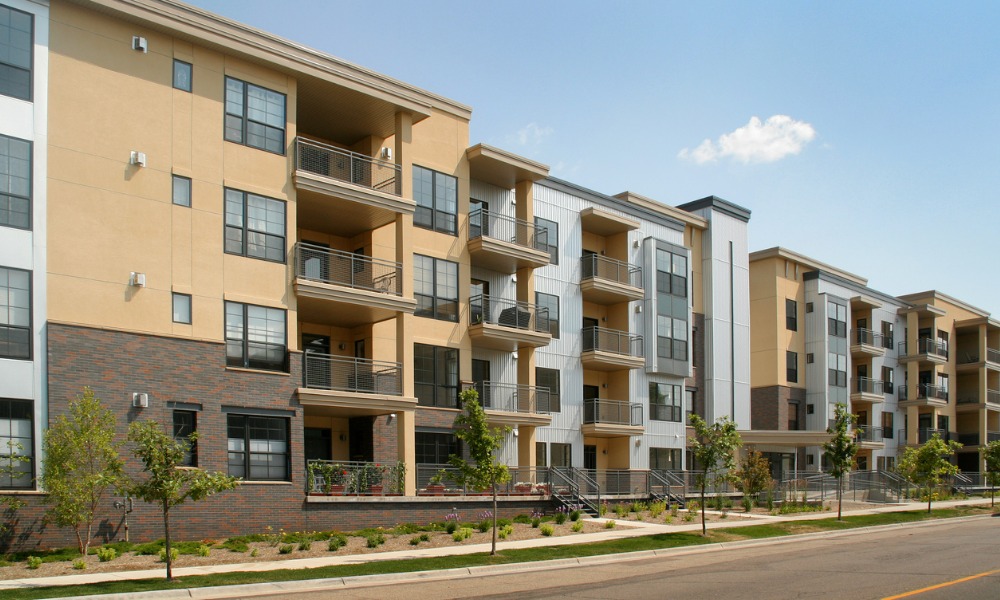Study shows where renters can save quickly for a home while managing rent

A recent Money.ca study shows that where Canadians choose to rent can significantly impact how quickly they can save for a home.
The study calculated the average percentage of income spent on one-bedroom rentals and applied the 50-30-20 rule to determine monthly savings rates.
Quebec City came out on top with affordable rent and quick savings time, making it an ideal location for those looking to enter the housing market. With an average one-bedroom rent of $911 CAD per month and an annual income of $50,500, Quebec City residents only spend about 21.65% of their income on rent, significantly lower than the Canadian average of 34.5%.
Based on current home prices, it would take residents 40.77 months, or just under three and a half years, to save for a 10% deposit on an average home.
“Deciding where to rent while saving for a home can be very challenging with rising rental prices,” explains Kris Bruynson, vice president of marketing and product at Money.ca. “Although Vancouver and Toronto are appealing, each home buyer must weigh the cost versus savings when buying in these expensive cities. Is it worth spending 13 years saving up a down payment just to get on the property ladder in an expensive city?”
Following Quebec City, Montreal and St. John’s, NL, ranked as the second and third most affordable cities for renting while saving.
In Montreal, the average monthly rent for a one-bedroom is $960, with residents spending about 26.3% of their $43,800 annual income on rent. In St. John’s, residents spend roughly 27.74% of a $39,100 annual income on a one-bedroom rental priced at $904 monthly.
Read next: Variable mortgages become even more appealing to homeowners after BoC rate cut
Meanwhile, Toronto and Vancouver remained the toughest markets for renters looking to save. In Toronto, a one-bedroom rental averages $1,691 per month, accounting for a hefty 48.55% of the average $41,800 annual income.
In Vancouver, renters spend 46.07% of their $44,200 income on an average one-bedroom rent of $1,697. Both cities leave residents with little room for savings, extending the time required to save for a deposit significantly.
Fastest saving periods
The study also assessed the time needed to save for a home deposit. Regina, SK, ranked second to Quebec City, with residents needing about 42.39 months – or roughly three years and six months – to save for a 10% deposit, based on an average income of $43,900 and a home price of $310,223.
Winnipeg, MB, came in third, where saving for a 10% down payment on a $346,654 home takes just over four years, or 49.17 months.
Meanwhile, high home prices in Vancouver mean residents would need around 13 years and six months (162.05 months) to save for a 10% deposit if they set aside 20% of their income each month.
Toronto followed closely behind, with a savings timeline of about 13 years and two months. Lower Mainland British Columbia rounded out the top three, with residents requiring nearly 13 years to save a 10% deposit on a typical home.
Make sure to get all the latest news to your inbox on Canada’s mortgage and housing markets by signing up for our free daily newsletter here.



